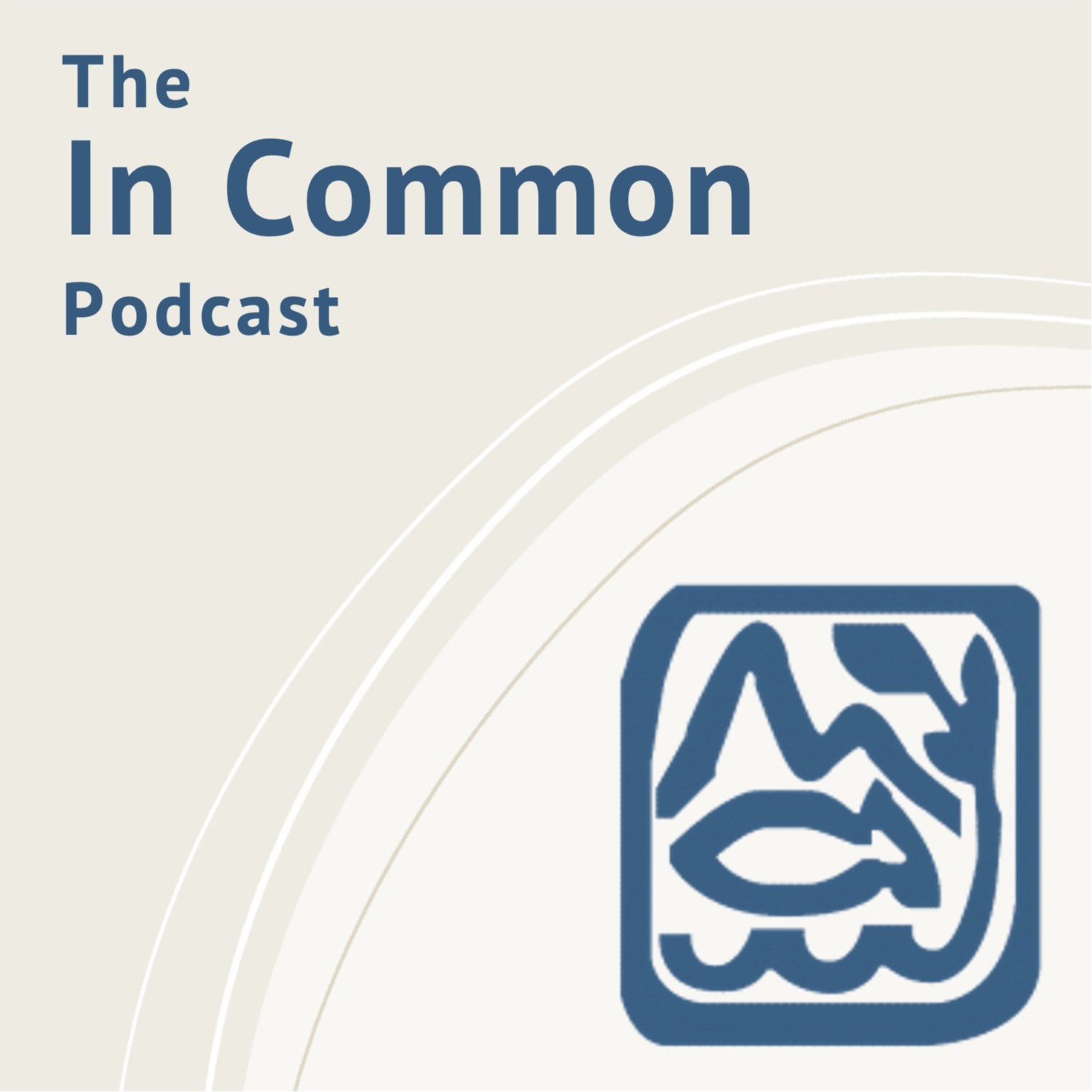
97.3K
Downloads
233
Episodes
In Common explores the connections between humans, their environment and each other through stories told by scholars and practitioners. In-depth interviews and methods webinars explore interdisciplinary and transdisciplinary work on commons governance, conservation and development, social-ecological resilience, and sustainability.
Episodes

Monday Jun 17, 2024
126: Infrastructure for Sustainability with Marty Anderies.
Monday Jun 17, 2024
Monday Jun 17, 2024
In this episode, Michael talks with Marty Anderies, Professor in the School of Sustainability at Arizona State University.
They discuss a book that Marty co-authored with Marco Janssen, a colleague of his at Arizona State, entitled Infrastructure for Sustainability. The book is designed to introduce readers to the work of Elinor “Lin” Ostrom and her colleagues on the role of institutions in shaping behavior. Ostrom pioneered the study of institutions, particularly in context of the self-governance of resource-dependent communities. Marty discusses Lin’s work and the role that she played in his career.
The book also introduces readers to the work of Buzz Holling and his colleagues on the resilience of complex systems. Resilience is an important boundary concept, being used by multiple fields to describe the ability of a system to “bounce back” and sustain itself in a particular regime or state. It is related to but distinct from the idea of robustness, which relates the ability to maintain a desired system function in the face of disturbance and uncertainty. In the last half of the conversation, Michael and Marty try to unpack what these terms mean and how they can and should be used to understand our relationships with each other and the natural environment.
Finally, Marty also talks about the importance of the term infrastructure, which is similar to but different from the idea of capital as many people use it. In describing his preference for infrastructure, Marty has provided this quotation from Bowles and Gintis (2005) that has influenced his thinking:
"Perhaps social capital, like Voltaire’s God, would have to have been invented had it not existed. It may even be a good idea. It is not a good term. Capital refers to a thing that can be owned—even a social isolate like Robinson Crusoe had an axe and a fishing net. By contrast, the attributes said to make up social capital describe relationships among people. ‘‘Community’’ better captures the aspects of good governance that explain social capital’s popularity, as it focuses attention on what groups do rather than what people own" (Bowles and Gintis, 2005, p. 381).
References:
Bowles, S., & Gintis, H. (2005). Social capital, moral sentiments, and community governance. In Gintis, H., Bowles, S., Boyd, R., and Fehr, E., eds. Moral sentiments and material interests: The foundations of cooperation in economic life. Vol. 6. MIT press.
Janssen, M., and Anderies, J.M. 2023. Infrastructure for Sustainability. https://pressbooks.pub/cisi/

No comments yet. Be the first to say something!